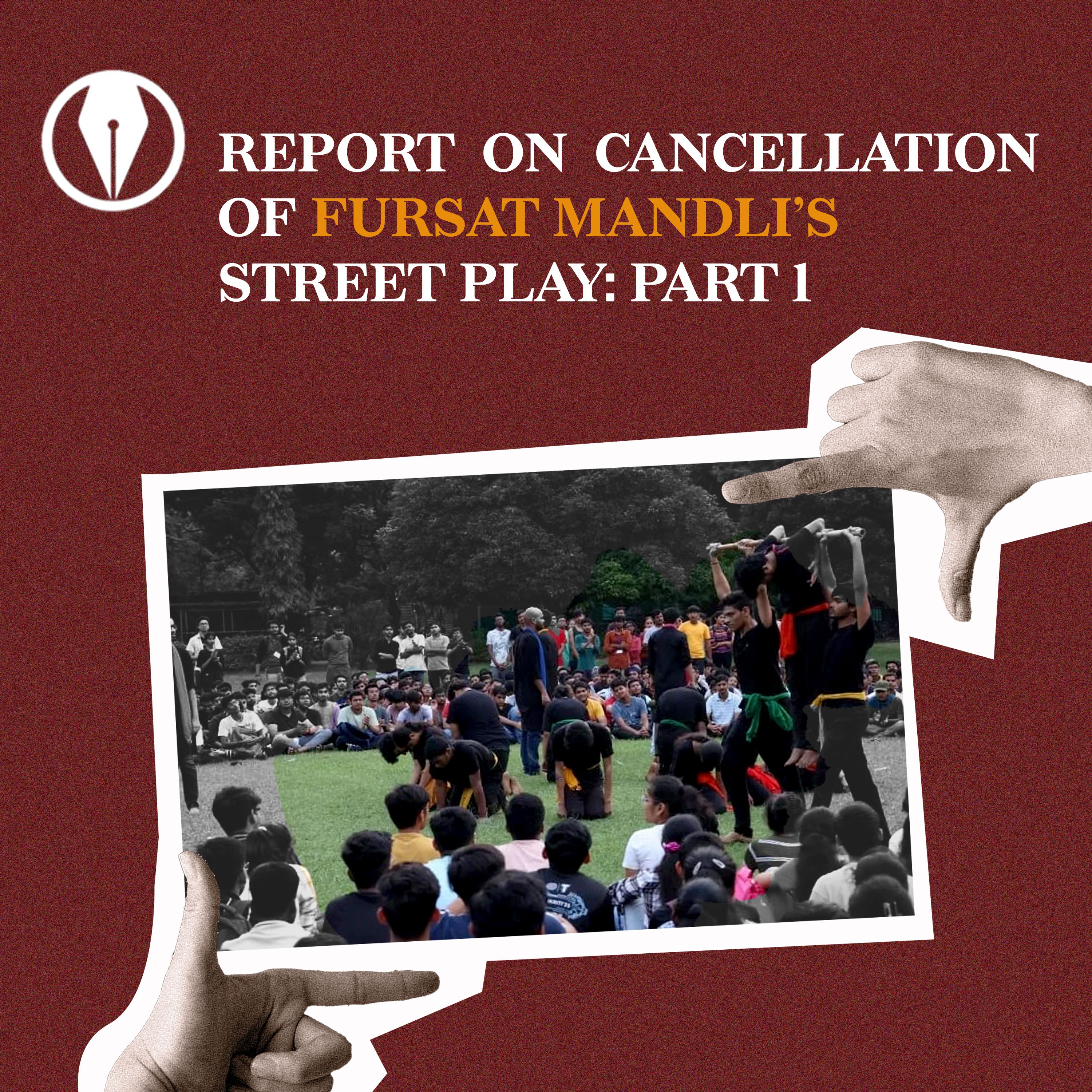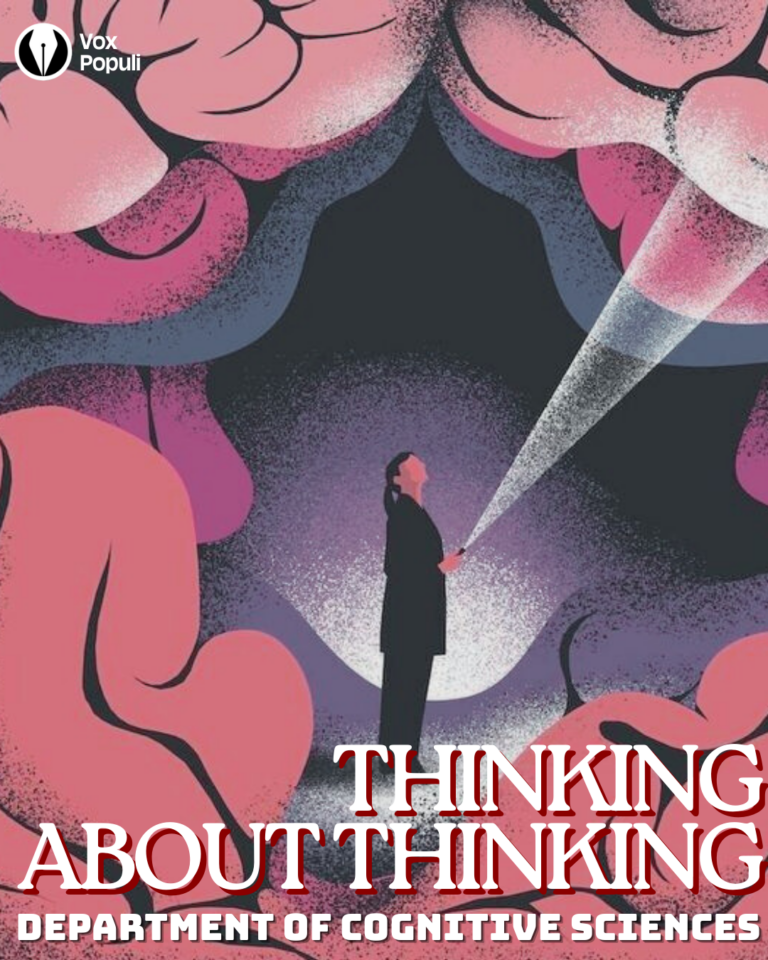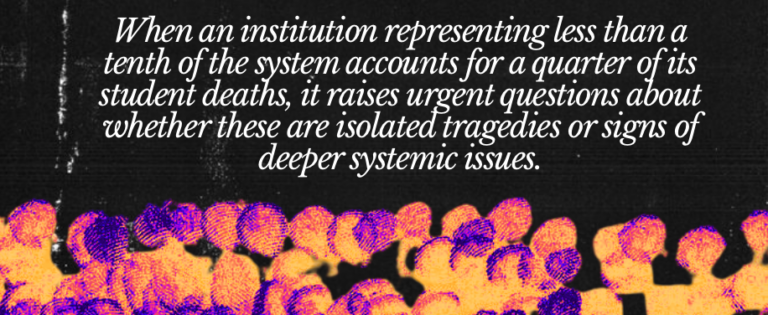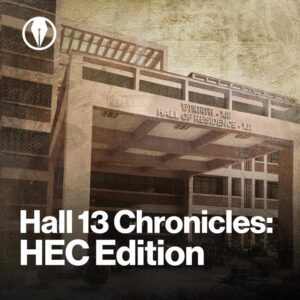Disclaimer: Vox Populi, IIT Kanpur, is the exclusive owner of the information on this website. No part of this content may be duplicated, paraphrased, or interpreted in any other way without written consent from Vox Populi. If you want to reproduce any of the content on this page, please contact our chief editors directly or reach out to us by email at voxpopuli@iitk.ac.in.
Disclaimer: This article represents the first part of an ongoing story. We have reached out to the administration and other individuals not represented in this piece. Upon receiving their perspective, it will be included in a follow-up to ensure a more comprehensive account of the matter
On the 8th of September, the Dramatics Club was set to perform two street plays one of which was titled, “Asteen Ka Saanp”. First staged in 2015, the play has since been showcased multiple times on campus and in competitions, including Antaragni 2015 (where it won a Bronze medal). However, when the club attempted to stage it again this time, the Administration prohibited the performance. Read on to find out what led to the play’s cancellation.
Background
The Dramatics Club was set to perform their Nukkad on September 8th, as announced in an email sent to students on the evening of September 7th. The email outlined the themes of the two plays for the event, including Asteen Ka Saanp, which read “The Natak sheds light on the growing concern of Islamophobia in India, where prejudice and discrimination against the Muslim community are on the rise. We explore how third parties, including political groups and media, exploit this issue for profit and power, fueling hatred and division for their own gain.”
The next day, Gymkhana representatives received multiple calls from students raising concerns that the play might hurt religious sentiments. Along with voicing objections, some callers reportedly cautioned the representative against potential repercussions including the possibility of filing an FIR against the representative.
Shortly after these calls,the Director conveyed to a Gymkhana Representative that objections had been raised against the theme of the play and that the Nukkad could not proceed due to safety concerns.
The representative suggested that the wording in the email may have led to a misunderstanding, giving rise to the objections. When the representative mentioned that the students from the dramatics club sought clarity on why their play was cancelled, the Director invited students, including representatives from both the Gymkhana and the Dramatics Club, to meet with him for a resolution.
During the meeting, the representatives attempted to explain the script and flow of the play to the Director. Reportedly, the Director felt that the play portrayed facts selectively. He instructed them to add lines to the script. He also asked them to send an apology email clarifying the play’s content to the campus community prior to the nukkad’s performance. Following back and forth between the director and the students, the meeting concluded with the Director suggesting that, the Dean of Student Affairs (DoSA), the Associate Dean of Student Affairs (ADSA), and two Gymkhana representatives, review the script and submit their recommendations the following day.
After receiving the recommendations, permission was still withheld, stating that sensitive topics should be presented in a sensitive way. When the representatives expressed their grievance regarding the decision, the Director held another meeting with Gymkhana and Dramatics Club representatives. Another group of students present at the meeting conveyed the concerns of those who had objections to the play. According to the students objecting to the play, outrage was guaranteed if the play proceeded. The discussion concluded with the Director instructing both groups to discuss the script, stating that the play would only be allowed if both the parties agreed to the revised script with the President and the Chairperson moderating the meeting.
Later that evening, a meeting was held between the objecting students and the representatives. The objecting students began by expressing their concerns about the use of the term “Islamophobia” arguing that it misrepresented and defamed the country. One participant stated that vast majority of people in the country are not Islamophobic, and the play is generalizing an exception. The students also accused the Dramatics Club of defaming the country in their dialogues, claiming the play was hurting national sentiments
In response, the Dramatics Club representatives contended that challenging prevailing stereotypes would naturally involve dialogues and depictions that might make some uncomfortable. They argued that the play was a satire on Islamophobic attitudes, meant to make people think critically, not to hurt anyone. Much of the meeting was spent with the Dramatics Club providing context to the dialogues and citations for the figures used in the script.
Ultimately, no resolution could be reached and thus the play couldn’t be performed.
Fallout
Simultaneously, social media posts appeared, offering commentary on the play’s content. These posts described the club as left-leaning and disrespectful toward Hindu sentiments, while also singling out individuals from the club. Club members reported being called names and labels by their peers following the release of these posts. However, the said post was later taken down.
Written by Vox Populi, IIT Kanpur










